- Find Your College
- Scholarships
- Pay for College
-
Articles
- COLLEGES
- Most Recent
- Affordability & Cost
- College Search
- Comparisons
- College Majors & Minors
- Myths
- News & Trends
- Tips, Tools & Advice
- Admissions
- Most Recent
- ACT & SAT
- College Admissions
- College Applications
- Myths
- Online Colleges
- Questions & Answers
- About
Immunology
Select Type of Degree:
Select State:
|
#1

Yale University
|
|||||||||||
|
#2

Stanford University
|
|||||||||||
|
#3

Washington University in St Louis
|
|||||||||||
|
#4
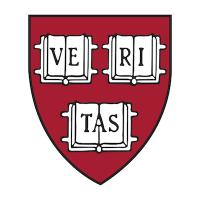
Harvard University
|
|||||||||||
|
#5
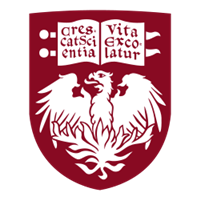
University of Chicago
|
|||||||||||
|
#6

Duke University
|
|||||||||||
|
#7

Tufts University
|
|||||||||||
|
#8
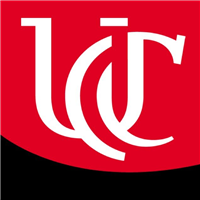
University of Cincinnati-Main Campus
|
|||||||||||
|
#9
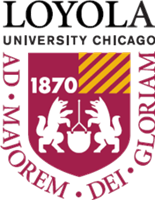
Loyola University Chicago
|
|||||||||||
|
#10
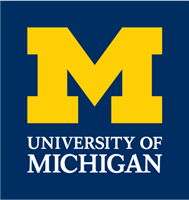
University of Michigan-Ann Arbor
|
|||||||||||
|
#11

University of Pennsylvania
|
|||||||||||
|
#12

West Virginia University
|
|||||||||||
|
#13
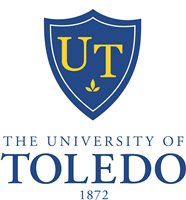
University of Toledo
|
|||||||||||
|
#14

University of California-Davis
|
|||||||||||
|
#15

University of Iowa
|
|||||||||||
|
#16

University of Colorado Denver/Anschutz Medical Campus
|
|||||||||||
|
#17

University of Washington-Seattle Campus
|
|||||||||||
|
#18

Wayne State University
|
|||||||||||
|
#19

University of Texas Southwestern Medical Center
|
|||||||||||
|
#20
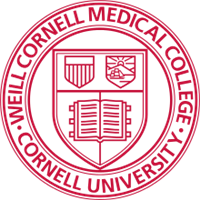
Weill Medical College of Cornell University
|
|||||||||||
|
#21

Mayo Clinic College of Medicine and Science
|
|||||||||||
|
#22

Baylor College of Medicine
|
|||||||||||
|
#23

The University of Texas Health Science Center at Houston
|
|||||||||||
|
#24

Pennsylvania State University-Main Campus
|
|||||||||||
|
*The estimated net prices above are College Raptor’s estimate. Please contact the college financial aid office for actual net cost figures.
|
|||||||||||
About Immunology
A program that focuses on scientific study of the biological mechanisms involved in the pathogenesis of disease, host-pathogen interactions, and host response to disease. Includes instruction in antigen and antibody structure and function, effector mechanisms, receptors, histocompatibility, host-pathogen recognition, disease modeling, autoimmune systems, antibody formation, cytotoxic responses, regulation of immune response, virulence determinants, intercellular signaling, immunosuppression, immunotherapy, immunogenetics, disease markers, transplantation, antibody humanization, and microbial pathogenesis.
Students majoring in Immunology can advance up to a Masters degree. On average, 48% percent of men and 52% percent of women make up the degrees awarded across all college campuses. Immunology is most common in California. The Median Starting Salary for an undergraduate degree in Immunology is $44,600.
Careers
Majoring in Immunology, your education can be applied to different careers. Immunology majors go on to pursue jobs including Medical Scientists, Except Epidemiologists and Biological Science Teachers, Postsecondary which are in high demand. Some of the jobs with the highest salary for Immunology majors include Medical Scientists, Except Epidemiologists, Biological Scientists, All Other and Microbiologists.
Top Paying Careers
These are the highest paying careers for Immunology majors.
Most In-Demand Careers
These are the careers in highest demand for Immunology majors.
Student Demographics




Subscribe to Our Newsletter
Join thousands of students and parents learning about finding the right college, admissions secrets, scholarships, financial aid, and more.

College Raptor, Raptor, InsightFA, FinanceFirst, and “The Right College. The Best Price.” are registered trademarks of College Raptor, Inc.




